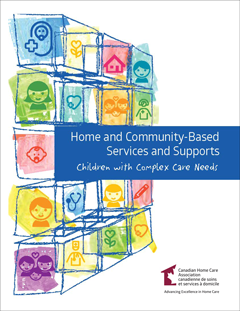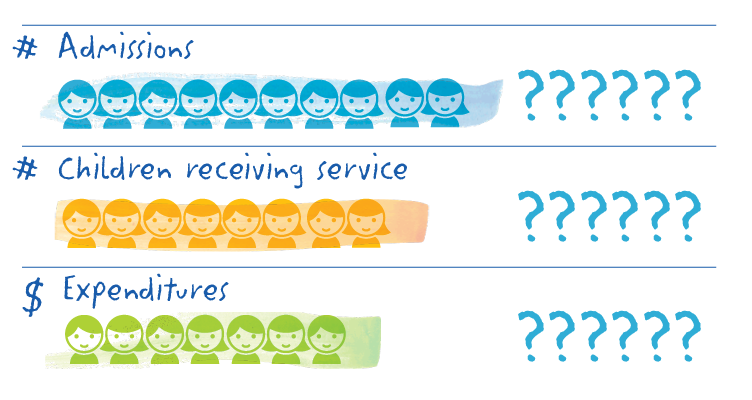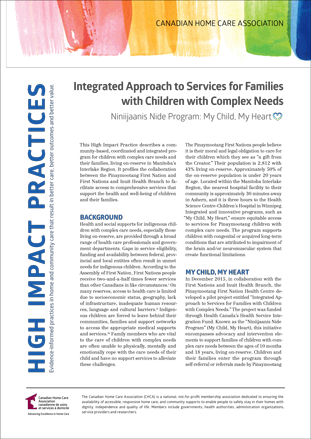PRIORITIES
Established in 1990, the Canadian Home Care Association (CHCA) is a national non-profit membership association dedicated to advancing excellence in home and community care.
National Office: 905-567-7373 | General Inquiries: chca@cdnhomecare.ca
2000 Argentia Road, Plaza 3, Suite 302. Mississauga, Ontario, L5N 1W1




